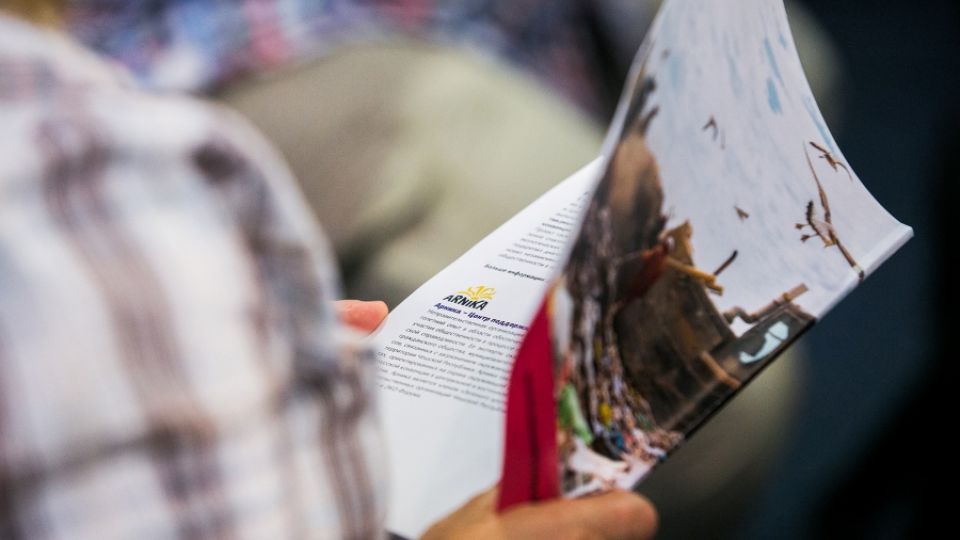A large number of countries are failing to adhere to the agreed provisions of the international Aarhus Convention which concerns environmental democracy. While the post-Soviet and Western Balkan states struggle with law enforcement, some EU members have come to weaken previously set standards. This conclusion is based on shadow reports published by non-governmental organizations. Delegates representing the signatory countries have gathered in Budva, Montenegro for a triennial meeting this week.
Access to information, public participation in decision-making, and independent judiciary in environmental matters; all of these have the governments of EU member states, along with candidate countries, and post-Soviet states promised to protect. However, space for the civil society is shrinking in many countries. Citizens are unable to attain justice according to the shadow reports from non-governmental organizations.
“In post-Soviet countries and the Western Balkans, many citizens’ rights remain on paper only. The laws often read progressive, but in reality, state authorities hide information and data, discourage the public from participating in decision-making, and justice is unenforceable. Legal protection in the EU is much stronger, but in some countries, we can observe large cuts of citizens’ rights in legislative procedures,” explains Martin Skalsky, an expert on public participation from Arnika, a Prague based non-governmental organization, which coordinated the preparation of this situation's analysis in countries such as Bosnia and Herzegovina, Belarus, Kazakhstan, and the Czech Republic.
What will Budva bring
The non-governmental organizations present their analysis at the 6th Meeting of the Parties to the Aarhus Convention which is scheduled from 11 - 15 September in Budva, Montenegro. The shadow reports show that the reality is often shockingly different from what is written into laws technically. Environmental NGOs have wide experience from solving particular cases and are in touch with local communities, so their evaluation mirrors the issues that ordinary citizens face. They request that the governments keep their promise and secure democratic space for citizens in decision-making regarding environmental issues.
“Governments should take the point of view of citizens’ organizations into account when assessing implementation of the Convention in the respective countries and in planning future steps,” Martin Skalsky explains. "In case of repeating issues or notorious infringers, the citizens expect that international mechanisms will work to enforce the principles of informational openness, democratic nature of decision-making, and access to justice,” he claims.
All published shadow reports can be found on our website or downloaded from UNECE
Aarhus Convention: The agreement, officially named The UNECE Convention on Access to Information, Public Participation in Decision-making and Access to Justice in Environmental Matters, was adopted in the Danish city of Aarhus in 1998 and signed by 46 countries plus the European Union since then. More
Meeting of the parties (MOP) in Budva, 2017: Every three years, the environmental secretaries from the signatory countries of Aarhus Convention meet “to discuss achievements and challenges with regard to promoting effective access to information, public participation in decision-making and access to justice in relation to a wide range of issues affecting the environment.” More







